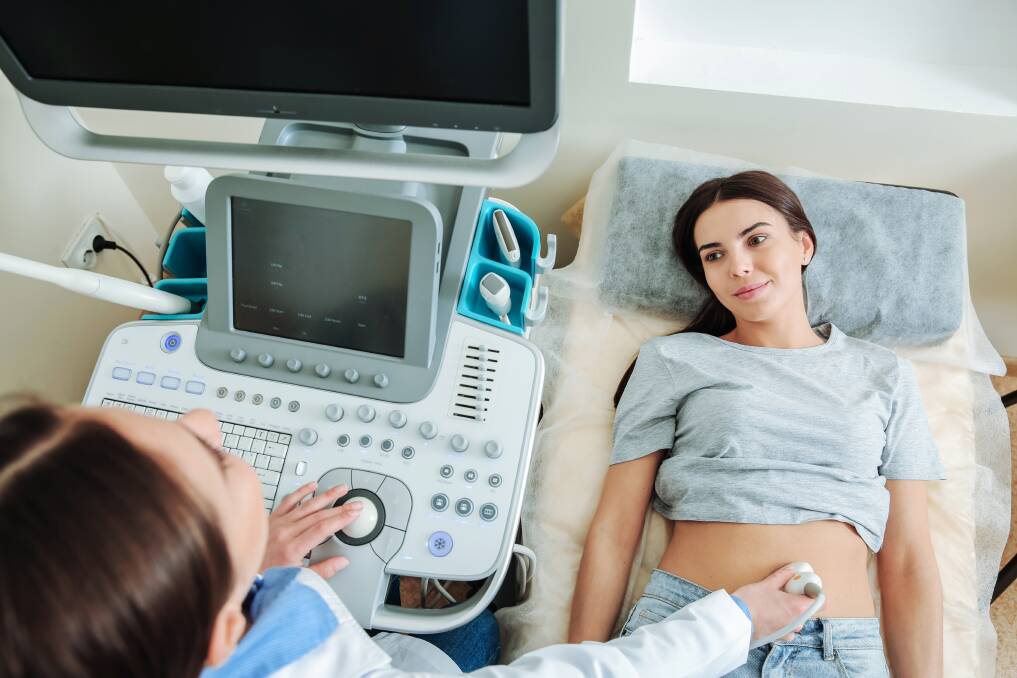Women's fertility 101: Where to start

This is sponsored content for Create Health.
Getting pregnant is different for all women. Some may find it easy to conceive, while others may try for years before finally having a baby. It's essential to understand your reproductive health before you start trying, so you can have a complication-free pregnancy. This article will serve as your quick guide to women's fertility health and the main issues concerning it.
Get your reproductive health checked
Once you decide that you want to have a baby, the first thing you need is to do is get your reproductive health checked.
Find a hospital or clinic that will be with you throughout your fertility journey. It would be best if you have regular visits to an expert so that you can be guided well throughout your pregnancy and parenthood.
A checkup on your reproductive health will help you find the best course of action when you're trying to get pregnant. Aside from that, you can take the proper vitamins that can help prepare the nutrients that are needed for a healthy baby. You can also find out if you have any fertility issues that may hinder you from conceiving.
Understanding Fertility Issues
Many factors can affect a woman's fertility. Your lifestyle, age, diet, or even genetics can affect your chances of conceiving a child. The purpose of getting checked is to determine if any issues are hindering you from getting pregnant. It's crucial to find out which may be causing your reproductive problems, especially if you've been trying for more than a year with no positive results.
Aside from your ovulation cycle and birth control medications, other issues can affect your fertility:
Age: One of the most critical factors that may affect your fertility is your age. A woman's chance of conceiving declines starting at the age of 35. Not only will it make your chances of getting pregnant slimmer, but pregnancy beyond 35 years old also have higher risks.
Hormones: A change in your hormones can affect your ovulation and chances of conception. If there is an imbalance or insufficiency of crucial hormones affecting conception, your chances of pregnancy can decrease.
Lifestyle: If you are frequently under stress, or if you smoke, drink alcohol, and have poor eating habits, you may be risking your chances at pregnancy. Your lifestyle choices can affect your reproductive system and may hinder you from conceiving healthily.
How to increase your chances of conceiving?
There are ways to keep your reproductive system healthy and increase your chances of getting pregnant.

- Seek Medical Advice: The most effective way to determine the cause of your fertility problem is by getting a doctor's examination. This way, a doctor can pinpoint the cause of your problem and prescribe the proper treatment. Some take fertility medications to help them conceive, while others opt for the in-vitro fertilization method to get pregnant. A health clinic like Create Health can provide you options on which fertility service is the safest for you.
- Understand Your Ovulation Cycle: One reason why you may not be successful with your pregnancy attempt is that you are trying at the wrong time. You should know when you are fertile so that you can try within that period. You should also monitor your menstrual cycle to know whether or not your period is on schedule or if it's delayed. If you have irregular periods, you should see a doctor to determine whether that is the cause of your pregnancy difficulties.
- Change Your Lifestyle: You should stop habits like smoking or drinking alcohol if your goal is to have a baby. Not only do these habits hinder you from conceiving, but they can also cause complications once you get pregnant.
- Take Supplements: There are supplements that your doctor may prescribe to help improve your reproductive health. You can also take vitamins to keep your body healthy in preparation for pregnancy.
Takeaway
Don't feel too pressured to get pregnant if you just started trying. Timing is different for everybody, so be patient and ask for professional help when you cannot conceive easily.
A doctor can help you identify any problems that are hindering you from having a baby. Once you know exactly what you must do to increase your chance, stick to it and try again. Take care of yourself and remove stress and vices from your life, so your pregnancy will be healthy and problem-free.


